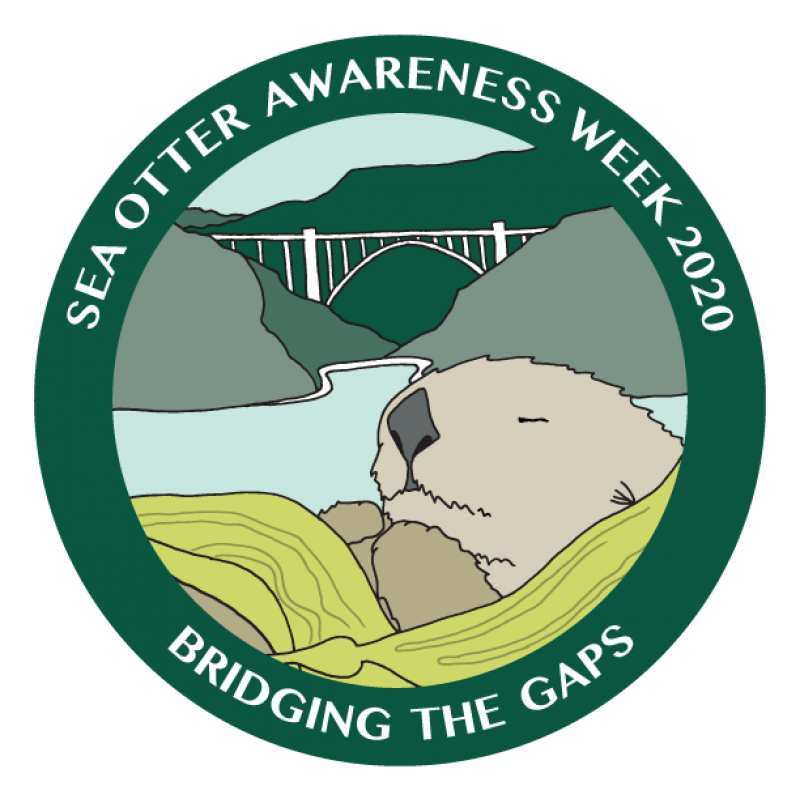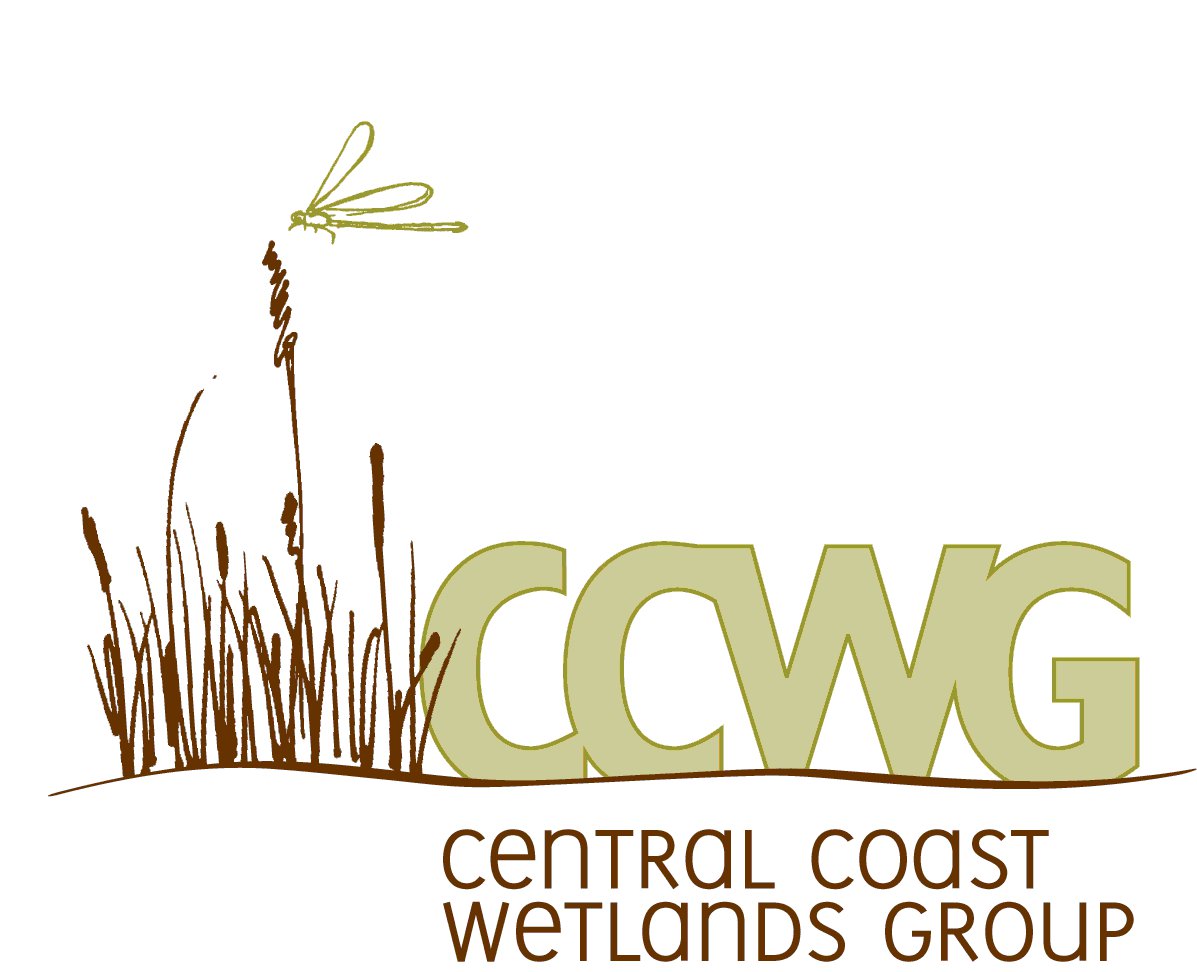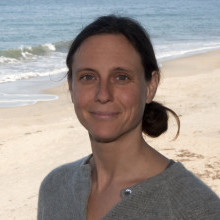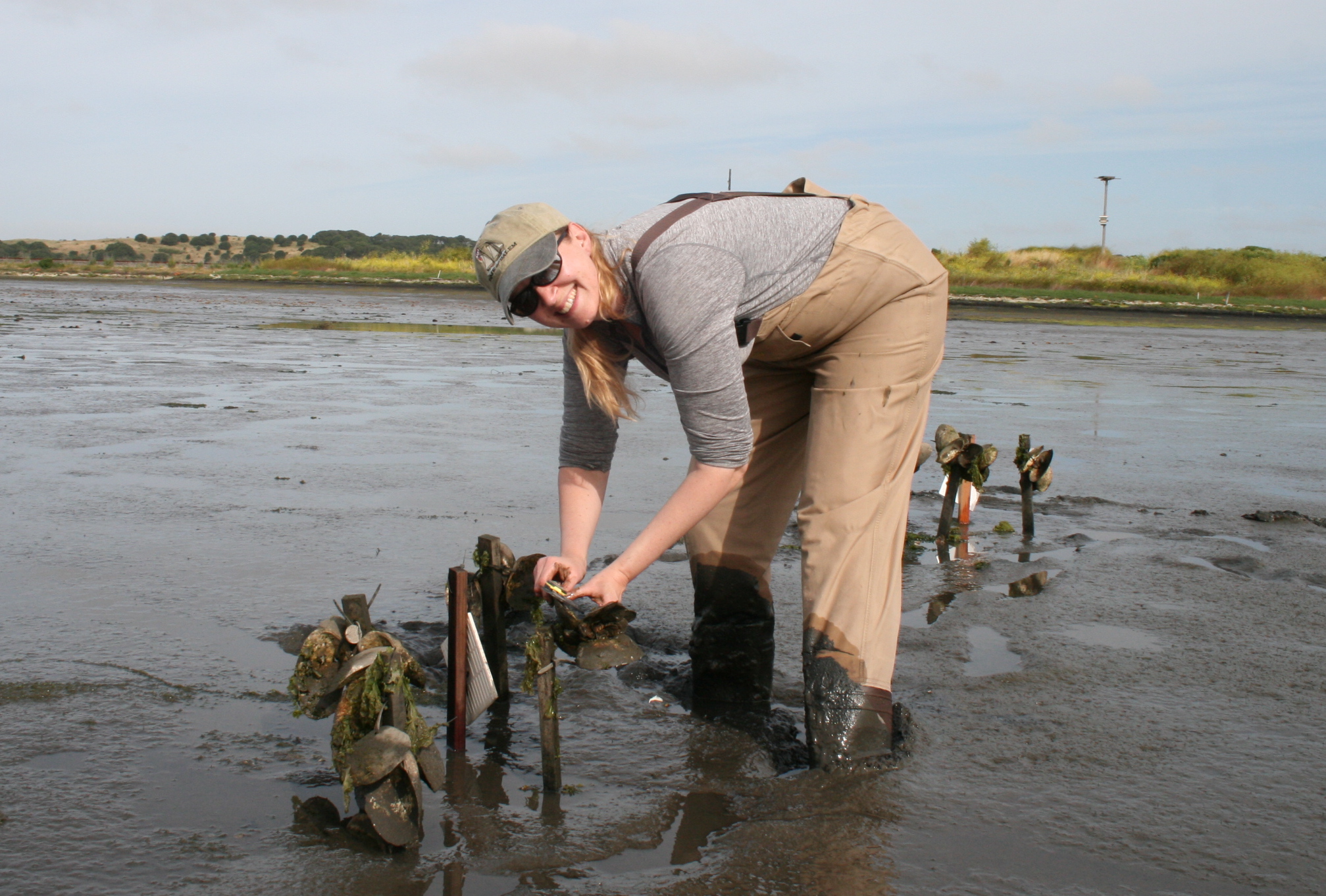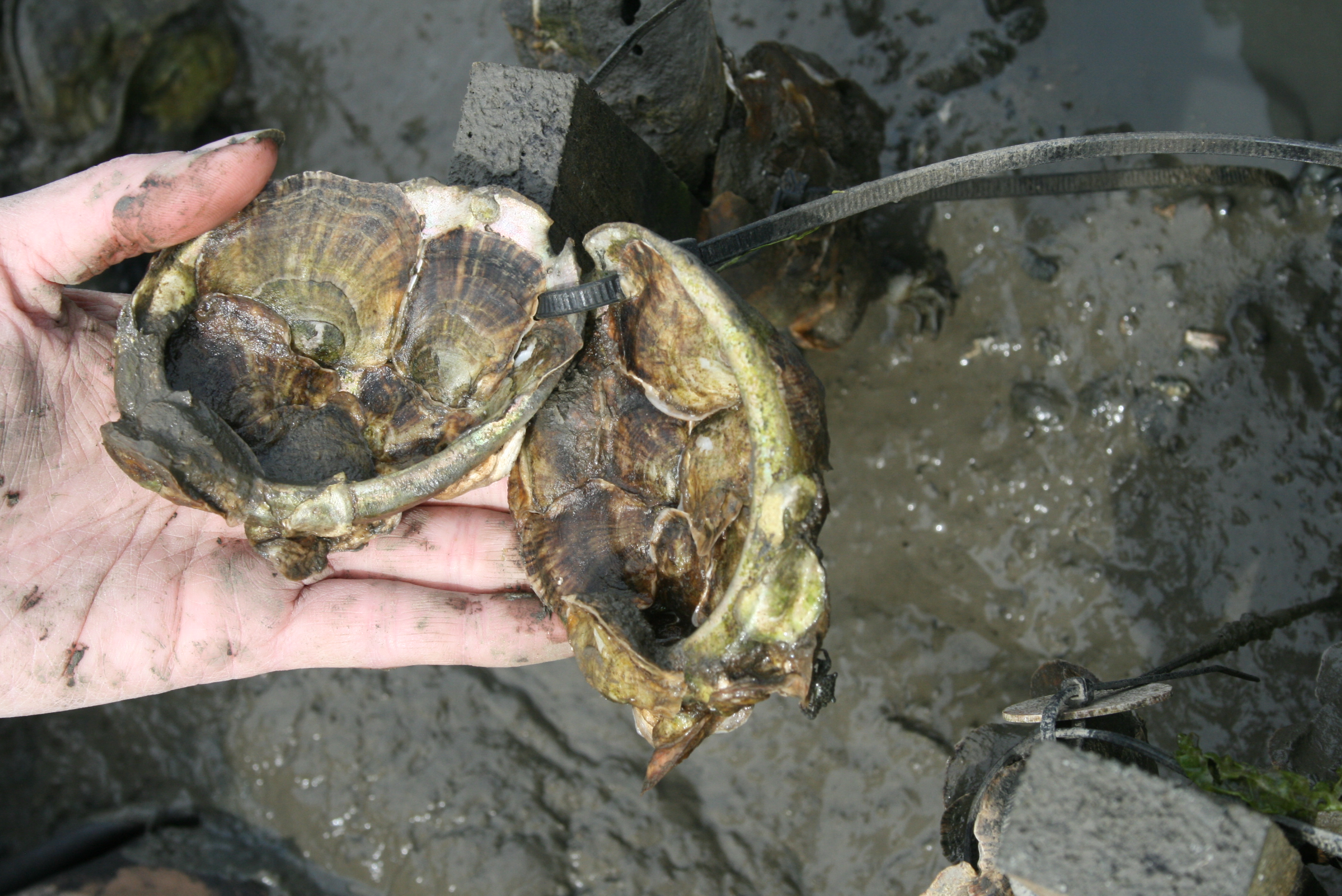Melissa Mahoney, Environmental Defense Fund; MLML alumna
Hosted by the Ichthyology Lab
Presenting: "The Age and Growth of an MLML Ichthyology Alum: 20 years in and around the Pacific Groundfish fishery"
MLML Virtual Seminar | October 1st, 2020 at 4pm
Watch the Live Stream here.
Melissa’s fisheries background spans across academic, governmental, and non-profit sectors. She has performed a wide variety of fisheries research projects including age and growth studies of rockfish, fishery sustainability and markets, socio-economic analyses, geo-spatial mapping and qualitative ethnographic research.Early in her career, Melissa developed a fisheries education project for Monterey Bay area youth (now run by NOAA’s Sanctuary Program), and most recently a documentary film to tell the stories of California’s commercial fishermen (www.oftheseamovie.com).
Prior to joining EDF’s team, Melissa worked for The Nature Conservancy of CA, forming collaborative partnerships with fishermen to test new co-management techniques, market-based incentives, and monitoring technologies for improved fisheries management. Melissa currently serves as Steering Committee member to the National EM Working Group and as an Advisor to the Monterey Bay Fisheries Trust, a local non-profit serving the commercial fishing industry.



